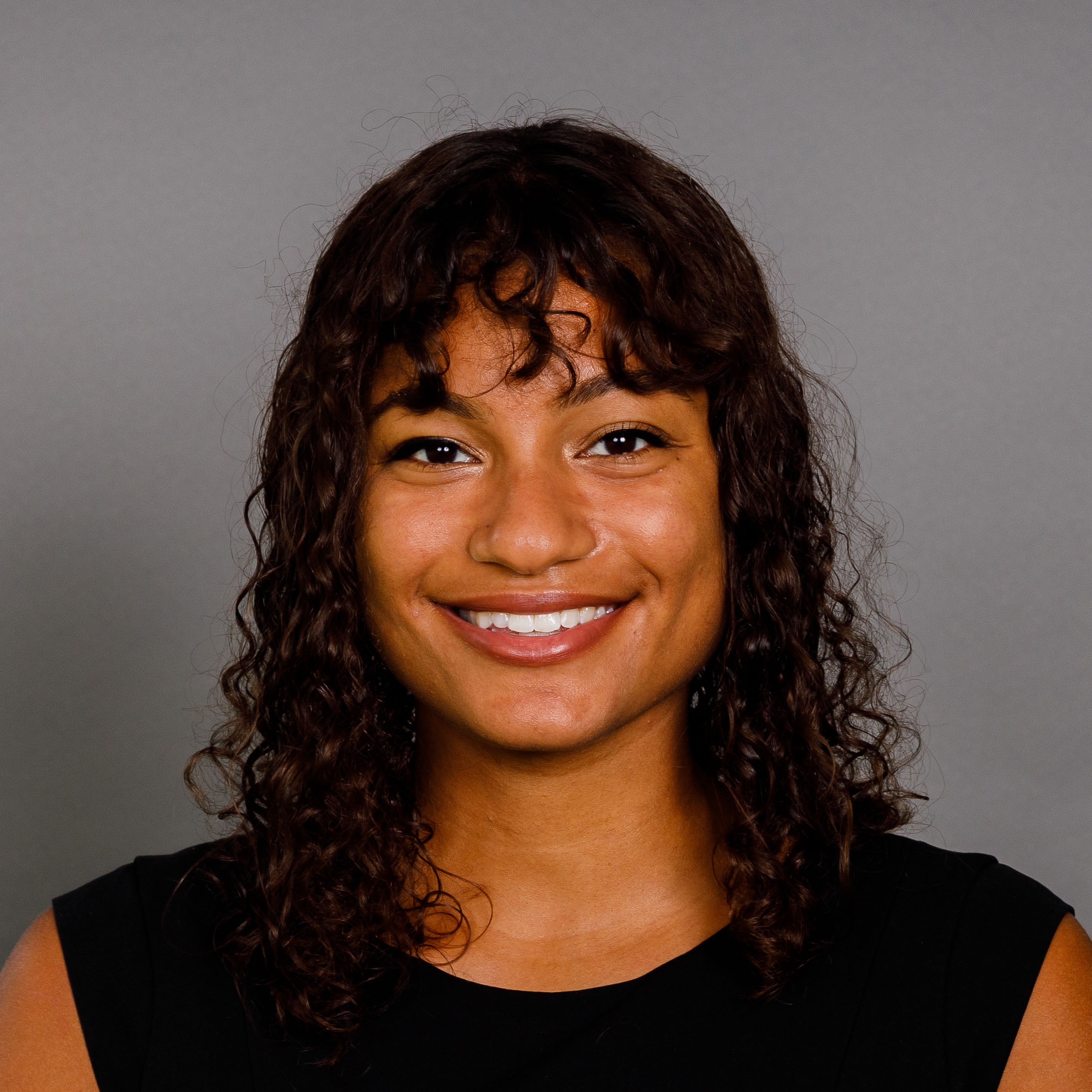Addressing Global Inequality with Technology
Maya Saint Germain

MIS Manager, Supply Chain Management
Maya Saint Germain MA ’22 is a manager of supply chain management information systems for Palladium, a global impact firm that works with governments, businesses, and investors to solve pressing challenges. She is a champion for diversity, equity, and inclusion and led efforts to strengthen DEI initiatives at the Jackson School and other public policy graduate programs, as well as within the U.S. Department of Agriculture. While at Jackson, Maya interned with the U.S. Mission to the UN Agencies in Rome, where she strengthened her knowledge of food systems, diplomacy, and multilateral policy solutions.
Before Jackson, Maya graduated from Boston University in 2016 with a BS in computer engineering. During her undergraduate studies, she engaged in biomedical engineering research in Tanzania, which sparked her interest in global development. After working in health-tech for two years, she served as a maternal and child health educator with the Peace Corps in Rwanda from 2018 to 2020. While there, she targeted malnutrition through education campaigns, latrine-building, early childhood growth monitoring, and income generating projects such as soap-making and animal husbandry.
This Q&A was published in September 2023.
Read Full Bio